Are Tetras Hardy Fish?
There are lots of articles out there about how to take care of tetras in an aquarium, and some of them might make you think that tetras are really delicate and easy to harm. But the truth is that tetras are pretty tough fish. There are plenty of other types of fish that are even more delicate than tetras.
Are Tetras Hardy Fish? Yes. Tetras are tough little fish and do not need much attention to keep them healthy. They can handle different types of water and temperatures better than other tropical fish. Tetras cannot handle big changes in their environment, but they are not as sensitive as some people think them to be.
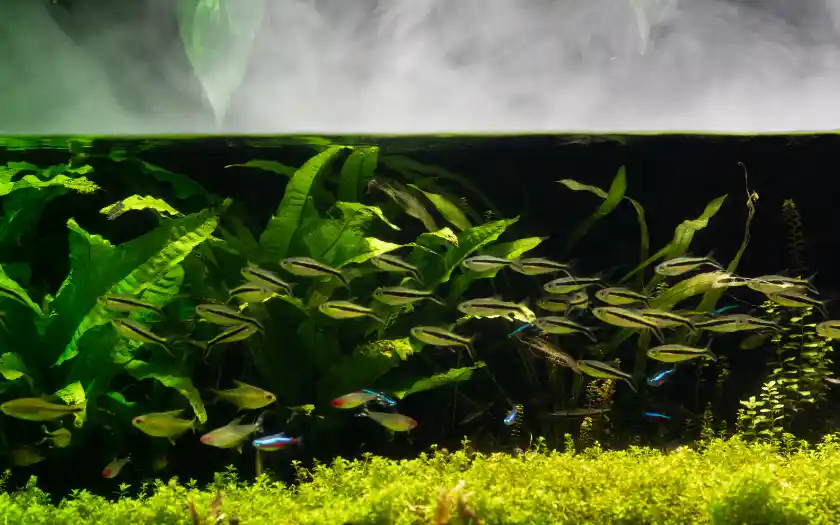
Today, we are going to take a closer look at what makes tetras so adaptable and hardy, and we will give you some tips for keeping your tetras healthy and thriving in your aquarium.
Table of Contents
What Makes Tetra fish Hardy?
Tetras are pretty tough little fish, and it’s all thanks to their genes. They live in tropical areas where the environment is usually pretty stable, but things can still change from time to time. And since tetras have to adapt to those changes to survive, they have developed some pretty impressive survival skills over time.
All those natural trials have left a mark on the tetra gene pool, which means that even domesticated tetras can handle some pretty tough conditions.
For example, the ideal water temperature for tetras is between 72 and 82 degrees Fahrenheit. But they can actually survive in temperatures as low as 60 degrees Fahrenheit, although they might not be much happy about it.
The same goes for oxygen levels in the water and other environmental factors. Tetras can even go without food for up to two weeks in extreme scenarios, although we definitely don’t recommend making them go hungry for that long.
Of course, just because tetras are tough doesn’t mean that you should neglect their needs. Even though they can handle a lot, they still need stable environments to thrive and be comfortable. So if you want your tetras to live long and happy lives, make sure you give them the care and attention they deserve.
How to Keep Your Tetras Super Hardy?
If you are a tetra owner, you want to make sure your little fish friends are happy and healthy. And the key to doing that is creating the perfect living conditions for them.
When you get it right, your tetras will be more active, more comfortable, and even more likely to have lots of little tetra babies. Plus, they will live longer. Tetras that are kept in ideal conditions can live for up to two and a half years.
So, how do you create the perfect setup for your tetras?
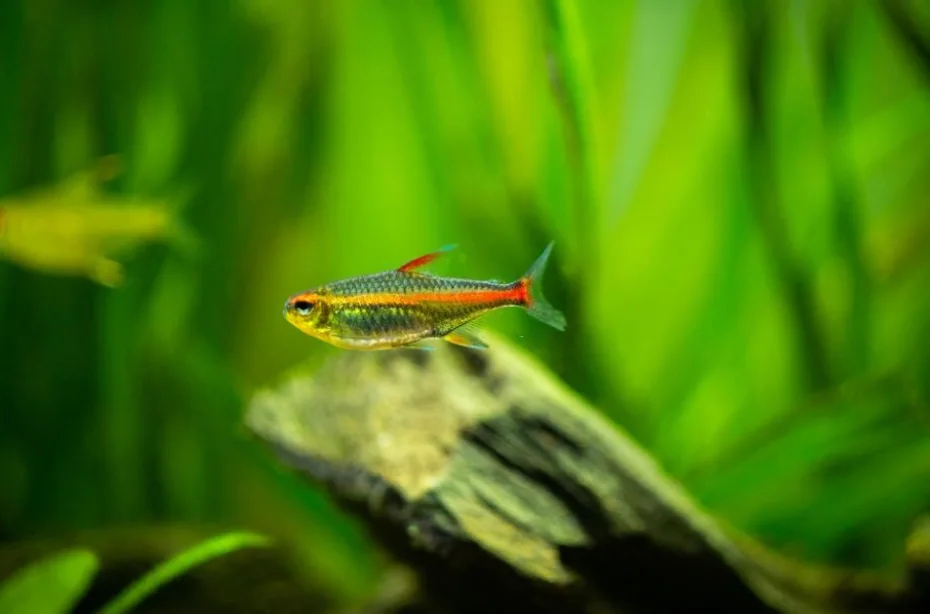
Buy Your Tetras From Reputed sellers and farmers
Buying tetras from a fish shop can be a bit of trouble. Most of the time, those little tetras are just mutts with no actual background check or known genetics. And to make matters worse, they might even be sick when you bring them home.
But don’t worry. There’s a way to avoid all those problems, get your tetras from experienced breeders instead. Yeah, it might be a bit more expensive than going to the pet store, but trust me, it’s worth it.
When you buy from a breeder, you can be sure that you are getting healthy tetras with good genes and impressive features.
Plus, if you decide to breed your own tetras, you won’t need to keep buying new ones from the pet store. And if you have any issues or concerns, experienced breeders will usually provide warranties and support to help you out.
So if you are really passionate about keeping tetras, I highly recommend investing in some quality fish from a reputable breeder. It might cost a bit more upfront, but it will save you a lot of headaches in the long run.
Treat tetra fish Diseases in Time
As a tetra enthusiast, it is essential to know that these cute little fish can be prone to various diseases. However, don’t fear. Most of these ailments are treatable if caught early on. Here are a few of the most common issues to look out for and some tips on how to handle them:
Velvet Disease:
This is a fungal infection that can be treated with copper medication as recommended by your vet.
Ick (White Spots):
- Increase the water temperature to around 80 degrees F.
- Add aquarium salt to the tank.
- Perform frequent water changes.
There are also specific medications available that can work wonders.
Fin Rot:
This bacterial infection can be tough to diagnose, but quarantine the affected fish and use an antibiotic as recommended by your vet.
Dropsy:
This is a contagious disease that can make your fish look bloated. Quarantine the fish right away and use copper medication as directed by your vet.
Remember, catching these issues early is key. But, if an ailment is too far gone, euthanasia may be necessary to protect the rest of your tetra family.
Regular Tank Maintenance
So, to keep your tetras healthy and happy, it’s essential to perform regular maintenance on their tank.
This includes weekly water changes of 35-50% to maintain proper oxygen levels and keep the water clean with low Total Dissolved Solids (TDS) levels.
In addition to water changes, it is essential to keep the tank clean of algae, dead plants, and other debris. This helps prevent health issues like ammonia poisoning, which can result from decaying food or dead fish left in the tank.
By performing regular maintenance on your tetra tank, you can ensure a clean and healthy environment for your fish to thrive in.
Provide High-Quality Nutritional Fish Food
Keeping your tetras healthy and happy is a priority for every tetra enthusiast. Here are some tips on feeding your tetras to ensure they get the nutrients they need.
Tetras are omnivores, which means they need a mix of both animal and plant-based nutrients in their diet. It’s essential to make sure they get the right balance of protein and fats, as adult tetras are sensitive to overfeeding.
When it comes to food quality, it’s best to avoid relying solely on commercial fish food. While you may have some flakes and pellets on hand, they may not provide all the necessary nutrients your tetras need. Consider adding live food to their diet to give a more natural and nutritious option.
A balanced and nutrient-rich diet will help your tetras stay healthy, grow, and develop vibrant colours. But be careful not to overfeed them. Adult tetras only need 1-2 meals per day on average.
Reduce tetra fish Stress and Bullying
Stress and bullying can take a toll on your tetras’ health, and it’s crucial to address this issue in your tank. Tetras can experience stress for many reasons, but bullying is the most common one.
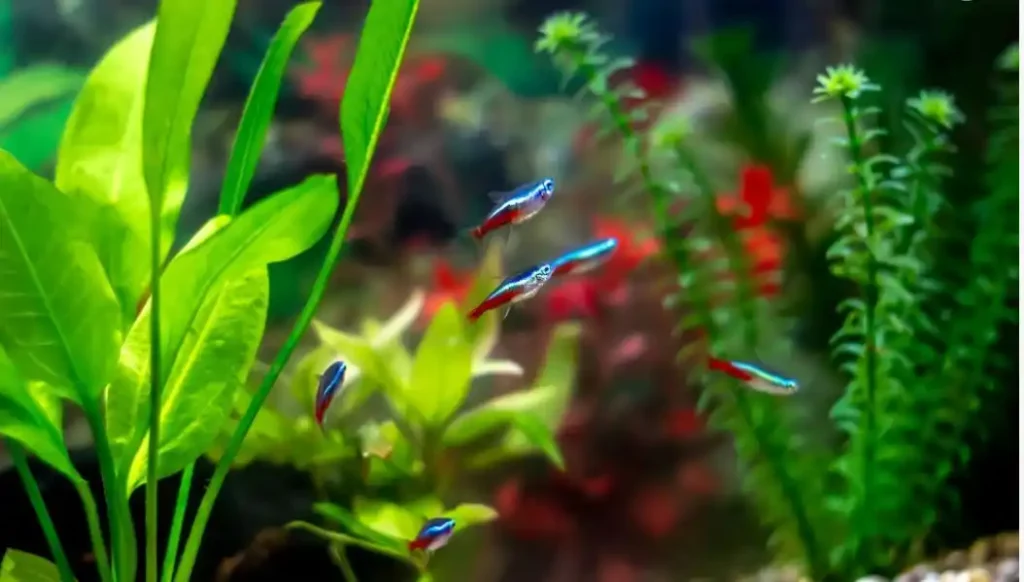
This behaviour is more likely to happen in mixed tanks, where larger or more aggressive fish coexist with tetras.
But do not forget that tetra males can also bully each other and the females. It is essential to keep an eye on their behaviour and act accordingly. I have written an article on preventing bullying behaviour in tetras that you may find helpful.
tinyfishtank
If bullying behaviour persists, it can lead to chronic stress, which can weaken their immune system and make them susceptible to diseases. To prevent this, monitor your tank’s dynamics and look for signs of aggression and bullying.
To remedy the issue, you can increase the tank’s size, add hiding spots for the bullied, control the number of males, and ensure everyone is eating properly. These simple measures will help create a stress-free environment for your tetras and promote their overall well-being.
Conclusion
So, you have got some tetras, and you are wondering how tough they are. Well, the good news is that tetras are pretty resilient creatures. They can handle a lot of different environmental changes without too much trouble.
But do not get too confident. While tetras are tough, they’re not invincible. If you subject them to sudden or extreme temperature changes, it can seriously mess with their systems. And if you’re not keeping their tank clean or providing enough oxygen in the water, it can really impact their health.
And one more thing, watch what you are feeding them. If their diet is not balanced and nutritious, it can lead to all sorts of problems down the line.
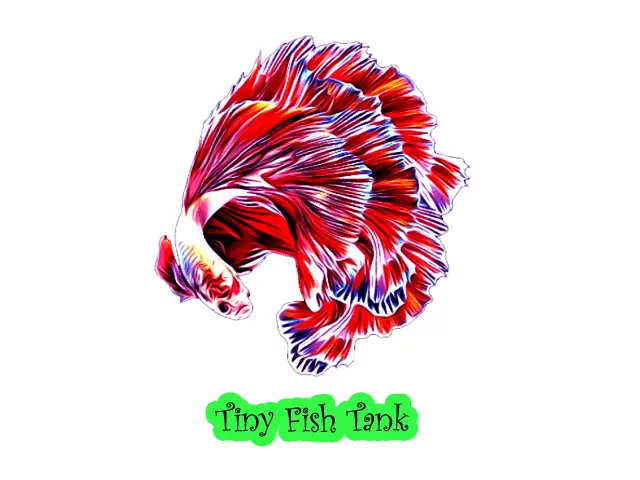
![Why Do Tetras Chase Each Other [5 Reasons & Solutions]](https://www.tinyfishtank.com/wp-content/uploads/2023/03/Why-Do-Tetras-Chase-Each-Other-768x453.webp)
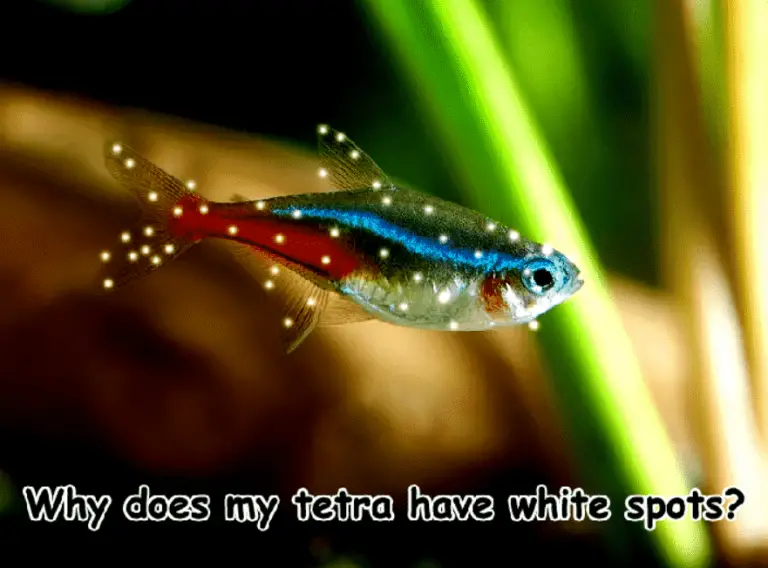
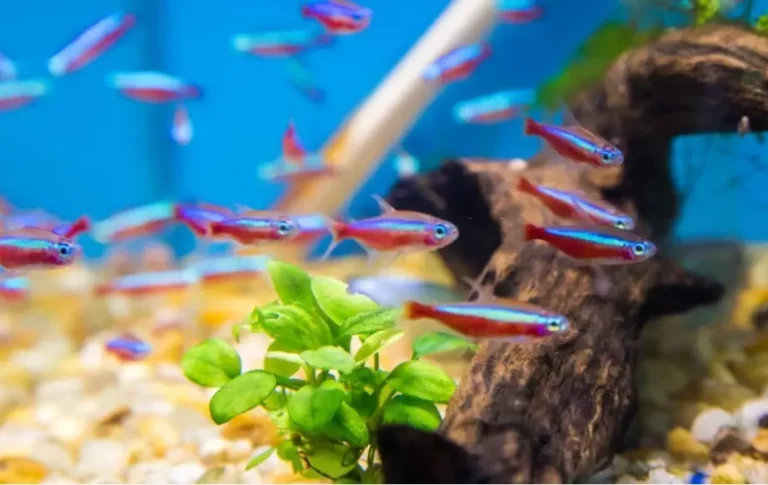
![How Often to Feed Tetras? [7 Fish foods for tetras]](https://www.tinyfishtank.com/wp-content/uploads/2023/05/How-Often-to-Feed-Tetras-768x461.jpg)
![Why Do GloFish Tetras Keep Dying? [5 Tips From Vet]](https://www.tinyfishtank.com/wp-content/uploads/2021/05/Why-Do-Glofish-Tetras-Keep-Dying.png)
![Can you keep only male tetra fish? [5 Tips to keep male tetras]](https://www.tinyfishtank.com/wp-content/uploads/2023/03/Can-you-keep-only-male-tetra-fish-768x461.webp)